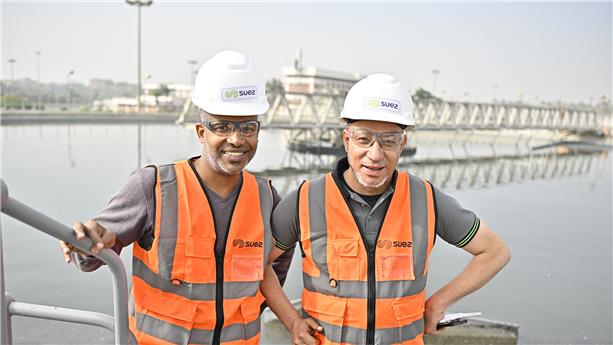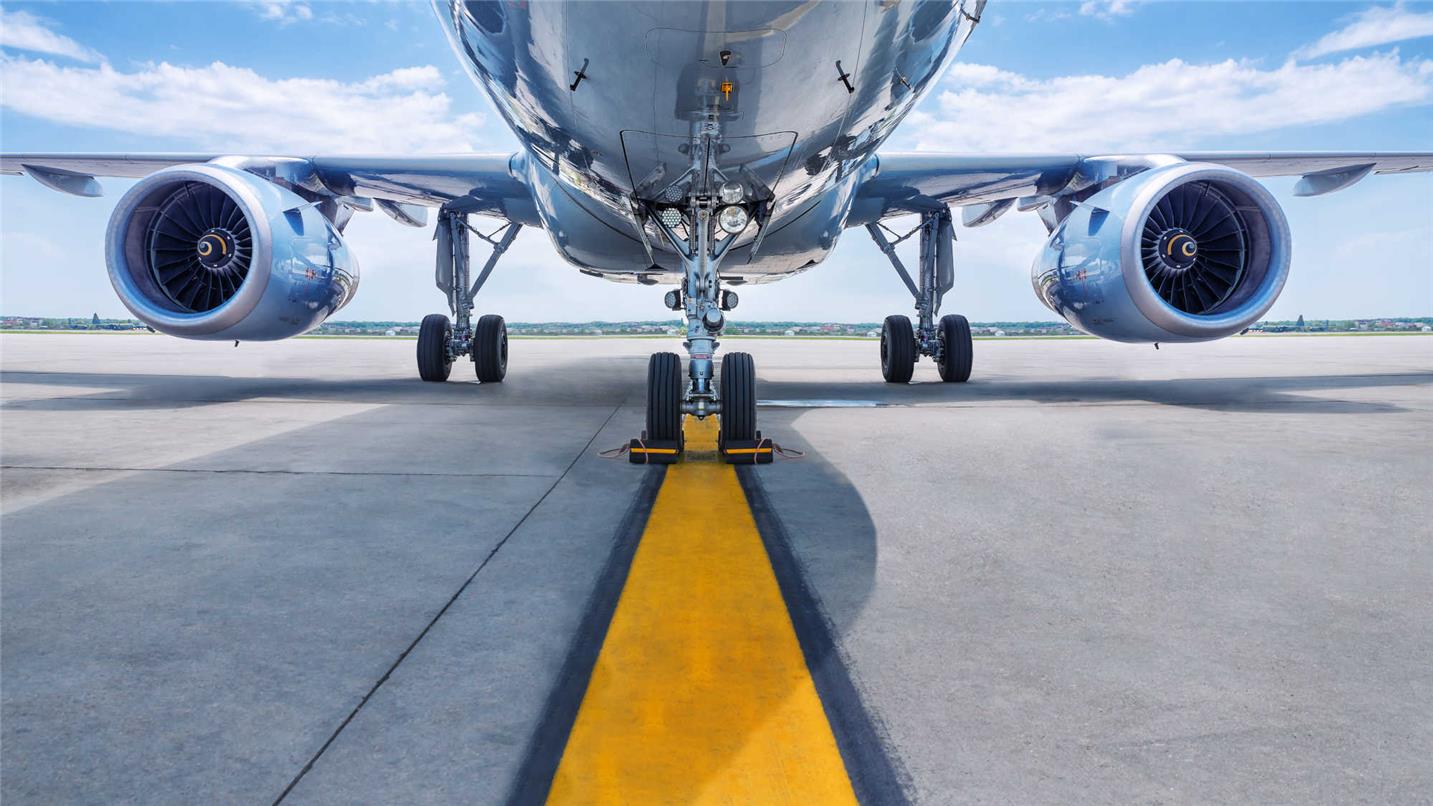SUEZ Consulting has developed recognised, specific expertise in supporting industrial players that want to identify and position their projects within the new green finance ecosystem.
By developing an approach focused on the client’s expectations and its existing ecosystem, our experts have established a
three-stage support methodology to locate public funding:
- Analysing the project
- Exchanging project data (subject to a confidentiality agreement)
- Focusing on resource management (water, waste, energy)
- Economic focus (jobs, local impact etc.)
-
Contacting funding windows
- Contact established by SUEZ Consulting teams
- Meeting attended by Tarmac Aerosave
-
Putting applications together
- Technical documents produced by our teams
- Help in drafting the administrative documentation
- Following up the application until the subsidy is awarded

